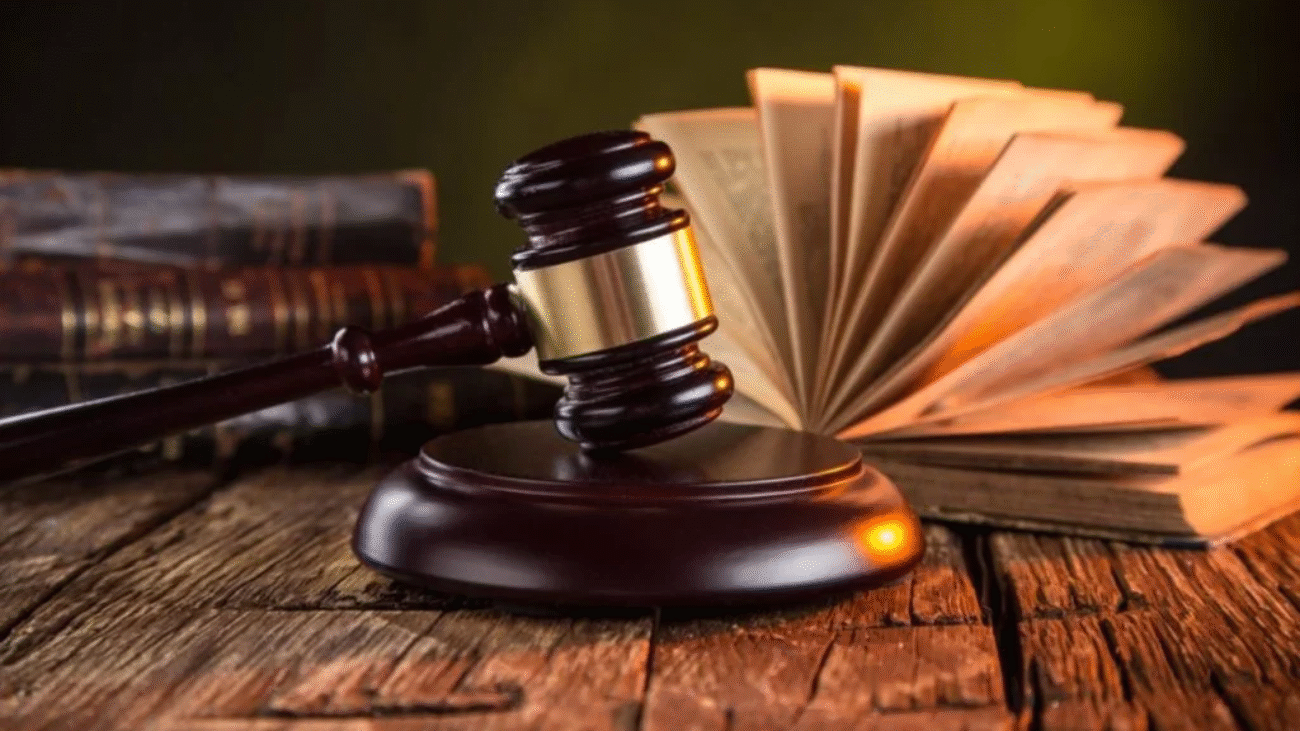Service Law in India
Service Law is a very important part of administrative law and it is concerned with the conditions of service, rights and duties of service of a person employed in the government. It makes sure that workers in the government who experience recruitment, promotion, dismissal and any other issues related to service are employed according to the law, fairness and the principles stated in the constitution. The service law in India relates mainly to the employees of the Union and State governments, the public sector undertakings (PSUs), statutory corporations and other institutions controlled by the government. It is a developing area and is influenced by the requirement of the Constitution, the laws, the decisions of the courts and the executive.

Historical Background of Service Law
India The service law originated in the British colonial rule. Government servants used to be the servants of the Crown and could be fired at his or her personal will. But following Indian independence the Constitution has marked a new change by giving the government employees a sense of security of tenure as well as in rights under the Article 309 to 311. Such provisions were meant to bring in fairness and arbitrariness of action on part of the State.
Scope of Service Law
Service law covers a broad range of issues related to public employment, including:
-
Recruitment and appointment of government employees.
-
Classification of services and cadres.
-
Pay structure, allowances, and other service benefits.
-
Transfer policies and disputes.
-
Promotions, seniority, and reservation policies.
-
Disciplinary proceedings, suspension, and dismissal.
-
Retirement, pension, and gratuity benefits.
-
Reservation in appointments and promotions under constitutional provisions.
-
Judicial remedies through tribunals and courts.
Constitutional Framework
The Indian Constitution provides a robust legal foundation for service law through various articles:
Article 309
Empowers Parliament and State Legislatures to make laws regulating recruitment and service conditions of persons serving the Union or the States.
Article 310 (Doctrine of Pleasure)
Holds that government servants are employed at the pleasure of the President or Governor, but this power is subject to the constitutional protections under Article 311.
Article 311
Provides safeguards to civil servants against arbitrary dismissal, removal, or reduction in rank. It mandates that:
-
A government servant cannot be dismissed or removed by an authority subordinate to the appointing authority.
-
No dismissal, removal, or reduction in rank can occur without giving the employee a reasonable opportunity of being heard.
Article 16
Ensures equality of opportunity in public employment, while also allowing for reservations for Scheduled Castes, Scheduled Tribes, and Other Backward Classes.
Key Legislations and Rules
-
Central Civil Services (CCS) Rules:
These rules govern the service conditions of central government employees. -
Fundamental Rules (FR) and Supplementary Rules (SR):
These include provisions related to pay, leave, increments, and other service matters. -
Central Civil Services (Conduct) Rules, 1964:
Lays down the code of conduct for government servants. -
Central Civil Services (Classification, Control, and Appeal) Rules, 1965:
Deals with disciplinary actions, appeals, and penalties. -
Pension Rules:
Govern retirement benefits and pension entitlements of government servants. -
Reservation Rules:
Govern reservation in services under Articles 16(4), 16(4A), and 16(4B).
Recruitment and Appointment
Recruitment to government services is generally done through:
-
Union Public Service Commission (UPSC): For central services.
-
State Public Service Commissions (SPSC): For state-level services.
-
Staff Selection Commission (SSC) and other bodies for specific posts.
Key issues related to recruitment include:
-
Eligibility criteria and reservations.
-
Seniority disputes among direct recruits and promotes.
-
Validity of selection processes and adherence to rules.
Promotion and Seniority
Promotion in government service is regulated by service rules and guidelines. Two common methods of promotion are:
-
Seniority-cum-merit: Where seniority is given priority but merit is also considered.
-
Merit-cum-seniority: Where merit takes precedence over seniority.
Reservation in Promotion:
The question arises, and these two points are distinct in- 16(4A) and 16(4B), where there is preparation regarding reservation of promotion in SCs and STs with conditions e.g. adequacy of representation and administrative efficiency, as described in the case law of M. Nagaraj vs. Union of India (2006) etc.
Transfer Policies
Transfer is considered an administrative function and is not usually subject to judicial interference unless:
-
It is made in violation of statutory rules.
-
It is mala fide or arbitrary.
-
It amounts to a punishment without due process.
Disciplinary Proceedings
Common Punishments in Service Law:
-
Censure or warning.
-
Withholding of increments or promotions.
-
Reduction in rank or pay.
-
Compulsory retirement.
-
Dismissal or removal from service.
Retirement and Pension
Government servants are entitled to retirement benefits such as:
-
Pension and commutation of pension.
-
Gratuity and provident fund.
-
Leave encashment.
-
Family pension for dependents.
Disputes related to pensions and gratuity often arise due to delays in calculation or wrongful denial of benefits.
Judicial Remedies in Service Law
Employees aggrieved by service-related decisions can approach:
-
Central Administrative Tribunal (CAT):
Established under the Administrative Tribunals Act, 1985, to handle disputes of central government employees. -
State Administrative Tribunals (SAT):
Handle disputes of state government employees. -
High Courts and Supreme Court:
Writ petitions under Article 226 and Article 32 for violation of fundamental rights or principles of natural justice.
Landmark Judgments in Service Law
-
State of Karnataka vs. Uma Devi (2006):
Regularization of temporary or contractual employees cannot be claimed as a right. -
Union of India vs. Tulsi Ram Patel (1985):
Exceptions to Article 311(2) where dismissal without inquiry is permissible (e.g., security of the state). -
M. Nagaraj vs. Union of India (2006):
Upheld reservation in promotions but laid down conditions like quantifiable data of backwardness. -
K. C. Sharma vs. Union of India (1997):
Emphasized fair play in administrative actions concerning government servants.
Challenges in Service Law
-
Rising number of disputes related to promotions, seniority, and reservations.
-
Issues of contractual and ad-hoc employees.
-
Delays in departmental inquiries.
-
Political interference in appointments and transfers.
Importance of Service Law
Service law plays a vital role in:
-
Protecting employees from arbitrary actions.
-
Maintaining discipline and efficiency in public service.
-
Upholding the principles of equality and fairness.
-
Ensuring smooth functioning of government institutions.
Practical Tips for Government Employees
-
Understand Service Rules:
Employees must be aware of their service rules, rights, and obligations. -
Maintain Professional Conduct:
Adherence to the code of conduct is critical for avoiding disciplinary issues. -
File Representations Timely:
Any grievance must be raised through proper channels before approaching courts. -
Keep Documentation Ready:
Maintain service records, appointment letters, and communication copies for legal purposes.
Conclusion
Public administration is anchored on service law because this type of law regulates the government and their employees relationship. It guarantees fair treatment of the public servants and also sustains integrity and discipline of the public service. With the constant change of employment, service law is an important field of law that is gaining a lot of relevance.


